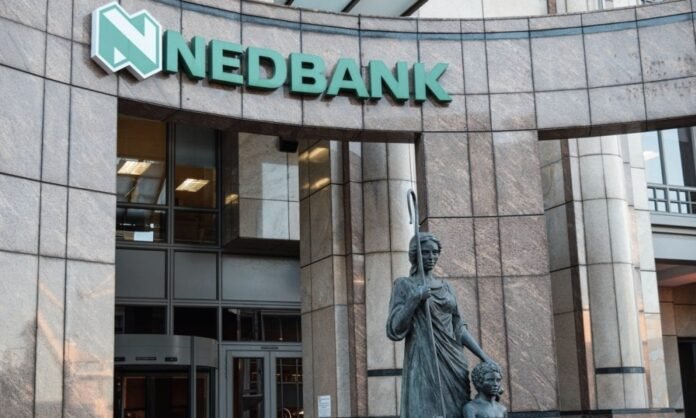In a landmark deal poised to reshape South Africa’s small business banking landscape, Nedbank has acquired Durban-based payments fintech iKhokha for R1.65 billion in an all-cash transaction. The deal, subject to regulatory approvals, will see iKhokha become a wholly owned subsidiary of Nedbank while retaining its brand, leadership, and entrepreneurial spirit.
Founded in 2012 by Matt Putman, Ramsay Daly, and Clive Putman, iKhokha has grown into one of South Africa’s fastest-rising fintech success stories, offering card machines, mobile point-of-sale solutions, and business management tools to empower small and medium enterprises (SMEs). Processing more than R20 billion annually in digital payments and disbursing over R3 billion in working capital to entrepreneurs, the company has been instrumental in helping South Africa’s informal and formal sectors ditch cash in favour of digital.
A strategic leap for Nedbank and SMEs
For Nedbank, the acquisition marks a decisive move to strengthen its position in the competitive SME banking space.
“The acquisition is a pivotal moment in our strategy to empower the SME market,” said Ciko Thomas, Group Managing Executive for Personal and Private Banking at Nedbank. “By combining their innovative technology with our deep banking experience, we will provide small business clients with the best-in-class tools they need to thrive.”
Nedbank Group CEO Jason Quinn reinforced the strategic importance of the acquisition:
“We believe that empowering entrepreneurs is essential to building a thriving and inclusive economy. iKhokha’s mission and technology align perfectly with our vision for digital transformation in the SME sector. Together, we will unlock new opportunities for growth and financial inclusion in South Africa and potentially abroad.”
iKhokha’s Founders Eye Continental Growth
Since its early days in a Durban garage, iKhokha has been driven by a mission to “help anyone thrive in business.” Co-founder and CEO Matt Putman believes the Nedbank partnership will accelerate that mission:
“Joining forces with Nedbank gives us the platform to scale our impact, further accelerate product innovation, and unlock new value for our merchants. There is great alignment across both leadership teams on the synergies that can be unlocked through this transaction, and we believe our combined strengths will result in a truly differentiating and highly competitive value proposition for SMEs in market.”
Putman added that the deal could open the door to expanding into other African markets — a significant growth step for the Durban-based fintech.
ALSO READ: Exciting new mobile payment services taking Africa by storm
Win for investors and the fintech ecosystem
The acquisition delivers a successful exit for iKhokha’s long-standing investors: Apis Partners, Crossfin Holdings, and the International Finance Corporation (IFC). Crossfin CEO Dean Sparrow praised the journey:
“We are extremely proud of what has been achieved by the iKhokha team to date and the fact that we have found a great home for the business, its people and the SME market it services.”
IFC’s previous R225 million investment into the fintech ecosystem underscored the global appetite for scalable African payment solutions, particularly those targeting SMEs — a sector that remains underserved yet vital to economic growth.
What this means for the South African banking industry
Nedbank’s move reflects a broader trend in the financial sector: traditional banks acquiring nimble fintechs to stay relevant in a digital-first economy. The acquisition positions Nedbank to compete more aggressively in the SME space, where tech-driven lending, digital payments, and accessible financial tools are becoming the norm.
The South African SME sector — responsible for a significant portion of job creation — has long faced barriers to affordable financing and efficient payment systems. By merging Nedbank’s lending capacity with iKhokha’s technology, the deal could fast-track the adoption of cashless transactions and improve access to working capital for entrepreneurs, including women-owned enterprises that have historically been excluded from mainstream finance.
As Africa’s SME battleground heats up, this acquisition signals a new era of digitally empowered, inclusive banking — one where established banks and fintech disruptors work hand in hand to unlock growth.

